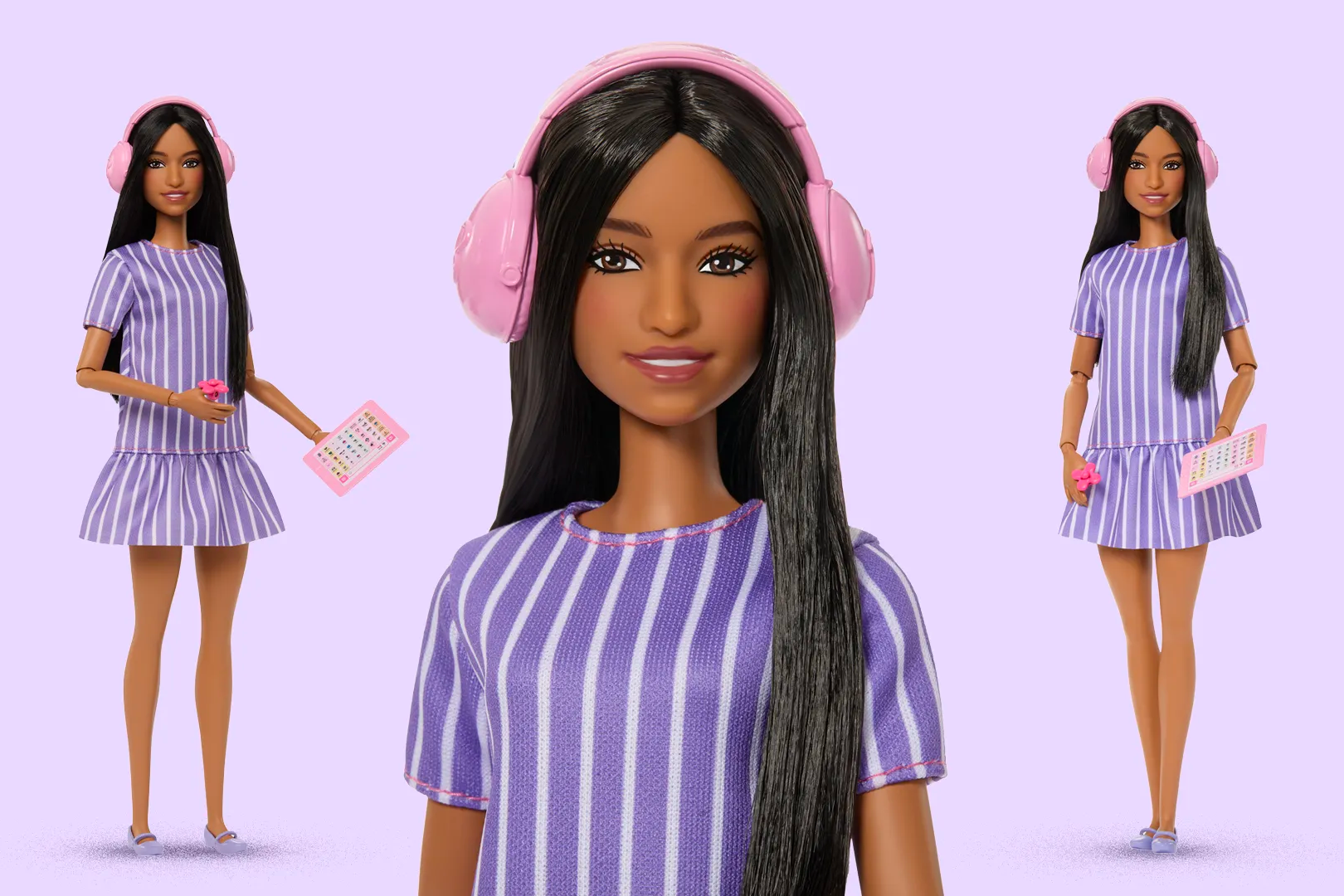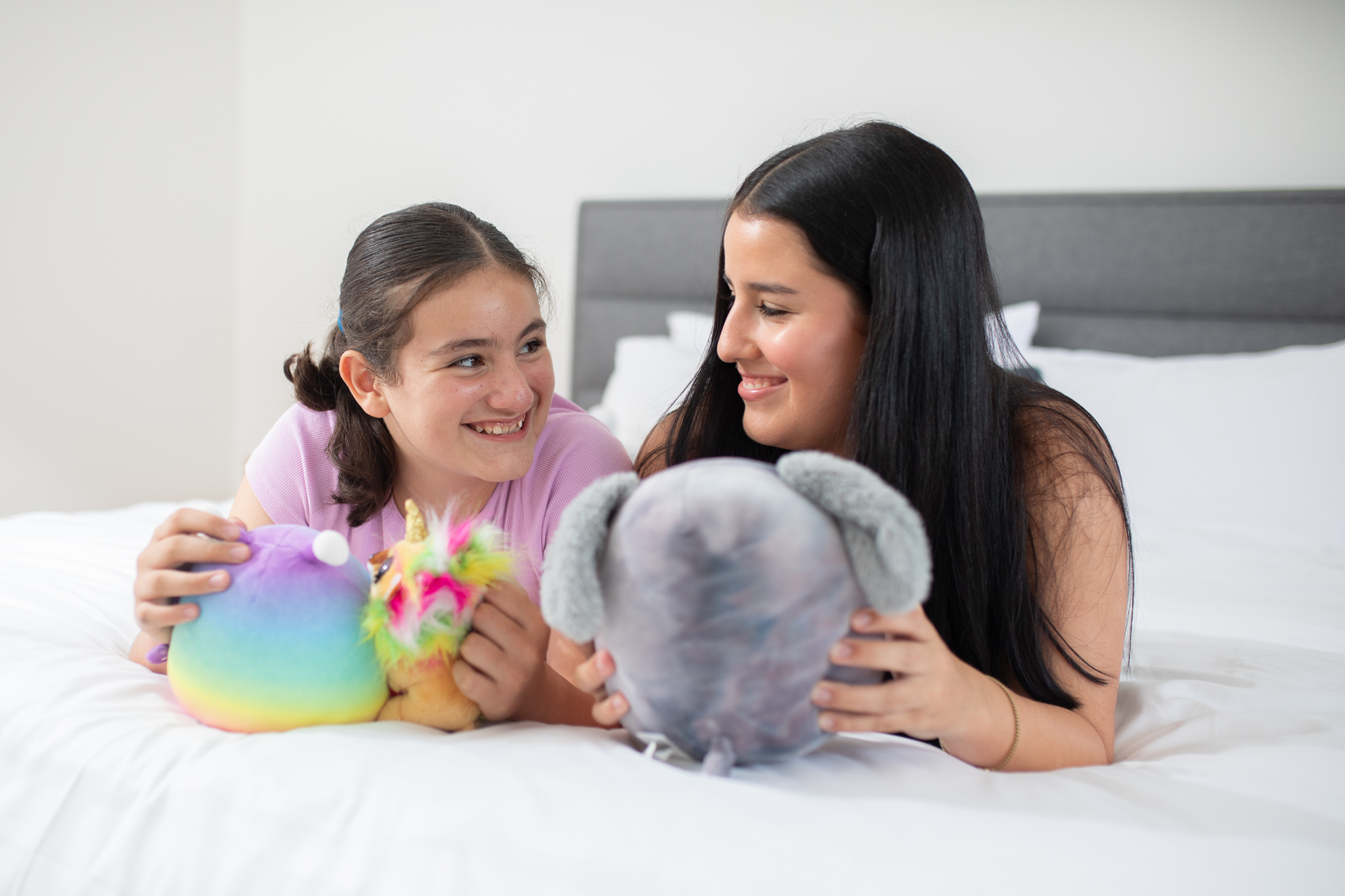Gender identity, sexual orientation and autism

Sexuality— the way a person feels about their body and attraction to and intimacy with others — is an important part of human development.
While preteens and teens with autism develop physically on the same timeline as their peers, they often need additional support to manage the challenges that come along with their developing sexuality.
It is known that people with autism can be more fluid with their gender identity than their typically developing peers. It is not uncommon for teenagers on the spectrum to explore several options: man, woman, transgender, non-binary or gender fluid.
An open and accepting attitude will help autistics come to their own conclusions. They might settle into one gender identity or remain gender fluid throughout life.
What is sexual orientation?
Sexual orientation is defined as the gender preference that an individual has for a sexual partner. You may identify as heterosexual or LGBTQIA+.
What is gender identity?
Autistic people tend to be more open to gender diversity and exploration of their gender identity, aligning themselves to a gender(s) that best reflects who they are, and not based on societal constructs on how gender should be identified, typically around appearance and genitalia.
Over time, for some autistic people, gender identity and sexual orientation may fluctuate and change as they learn about their identity. Autistic people may become gender fluid, wanting to remain flexible about their gender identity, rather than committing to one specific gender.
Gender identity refers to how a person identifies in relation to gender. This can be a man, woman, non-binary (not identifying exclusively with being a man or woman), or transgender (identifying as a different gender to the sex they are assigned at birth). A person may also identify as being genderqueer or gender fluid.
Gender assignment at birth relates to the external genitalia at birth and for a majority of people, their genitalia aligns with their gender identity. This is called cisgender.
Knowing your identity
An autistic person has the autonomy and capability of determining their own sexual orientation and/or gender identity. Being diagnosed or identifying as autistic does not change that.
However, health professionals and family members may question your choices, which can be overwhelming and, at times, dismissive. It is through lack of knowledge and understanding, especially if this is with close family members and parents, that your gender identity is different to what they have raised you as.
Remember, there is nothing wrong in feeling different to what your external gender may appear as. Take the time to research and gather good information and consult with health professionals that have extensive experience and understanding of gender differences and autism. These will be critical in your journey of self-discovery and feeling comfortable in how you identify.
Some useful reading:
- Transgender and gender diverse people up to six times more likely to be autistic – new study.
- The largest study to date confirms overlap between autism and gender diversity.
LGBTQIA+ resources
- There are some excellent resources and information on the ASPECT website.
- Ambitious About Autism in the UK have worked closely with LGBTQIA+ autistic young people to produce articles and visual stories based on their own experiences.
- Being trans and on the autism spectrum, younger me struggled to fit in - Roan Maclean opens up about their experiences as trans and “on the autism spectrum”.
- QLife provides anonymous and free LGBTI peer support and referral for people in Australia wanting to talk about sexuality, identity, gender, bodies, feelings or relationships.
- The I CAN Network support & empower the voices of Autistic LGBTIQA+ young people. Learn more about their work, including peer-led online mentoring groups for Autistic LGBTIQA+ teens.
- Being LGBTIQA+ autistic - An article by myWAY Employability about your rights to not experience harassment or discrimination.
- PlanetPuberty have some great resources, workshops and guides to gender and sexual identity and LGBTIQ.
For more information on adult dating, relationships and sexuality please visit Autism: What Next? For more information on teens, sexuality and relationships please visit Autism Awareness Australia.






